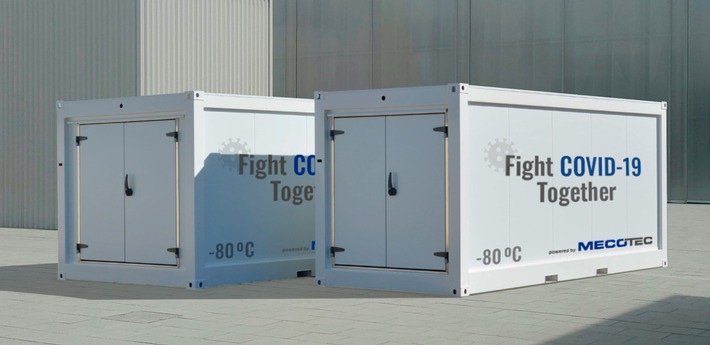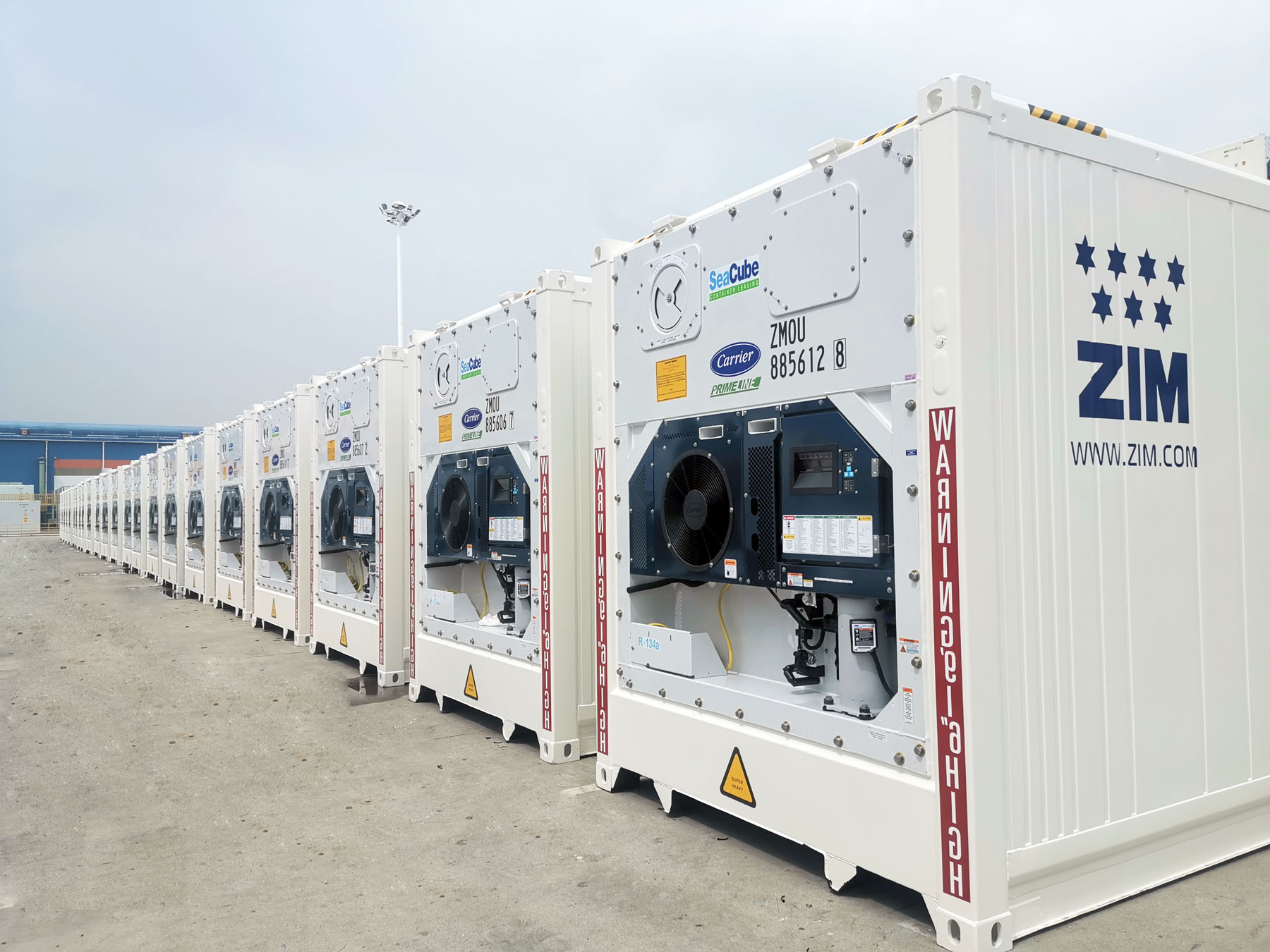Net Feasa, specialists in supply chain digitalization, today announced the launch of Agentic Control Tower™, an end-to-end visualization and booking platform that wraps traditional shipping container workflows in Agentic AI. Agentic Control Tower™ transforms the container into an AI Agent that can initiate auctions among prospective customers seeking cargo slots on vessels via a new revenue-generating marketplace.
The AI-enabled container can self-manage, negotiate and secure optimal bids, delivering maximum efficiency and value to shipping companies. The platform, knowing the container’s current location, schedule and destination, will select the best option available for its next job while still in transit, in a paradigm shift for supply chain efficiency.
The now connected container, enabled by the Net Feasa IoTPASS™ edge device, uses new and existing data points from across the supply chain and applies Reflective Agentic AI to the workflows of intermodal logistics, unlocking the power of AI. The result is an innovative platform with dynamic booking capability, route optimization and precision delivery, all of which improves over time as the system steps back, learns and adapts.
Net Feasa’s Founder & Chairman, Mike Fitzgerald, commented on the announcement, “Through the introduction of superior visibility and optimization within the intermodal supply chain, we have reduced the cost of monitoring Refrigerated Containers, optimized the number of Dry Containers needed and introduced security as standard. The introduction of Agentic AI, however, is a step change in workflow efficiency. In one example we have reduced the carbon footprint in drayage by 50% and the cost to the shipper by 25%. At scale, this translates to less trucks on the road, less traffic congestion and further reductions in the number of containers required.”
Net Feasa’s Agentic Control Tower™ is built on decades of expertise pioneering vessel connectivity and IoT-enabled asset visibility. Reflective Agentic AI can analyze its own actions, critically evaluate what it is doing and refine its approach. This self-reflection of container moves, iterative improvements and ability to process huge silos of data ensures that the performance of supply chain operations is continuously improving over time. Agentic Control Tower™ brings with it a disruptive new business model for the intermodal industry, with an opportunity for shipping companies to access additional revenue streams and market share.
The announcement coincides with the SelectUSA Investment Summit taking place May 11th – 14th in Maryland, facilitating business investment by connecting thousands of investors, companies, economic development organizations (EDOs), and industry experts. The US is a key strategic market for Net Feasa. The company is committed to expanding with its partners globally and now has a presence in three continents to support close, collaborative relationships. Ian Walter, CEO will attend the event.
similar news








